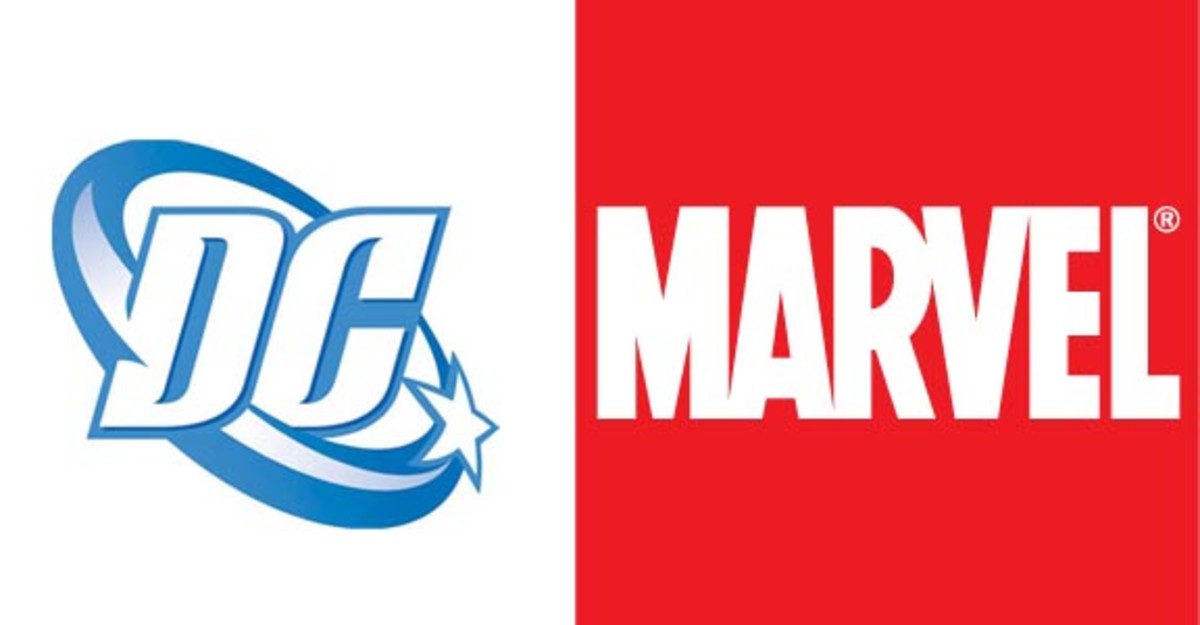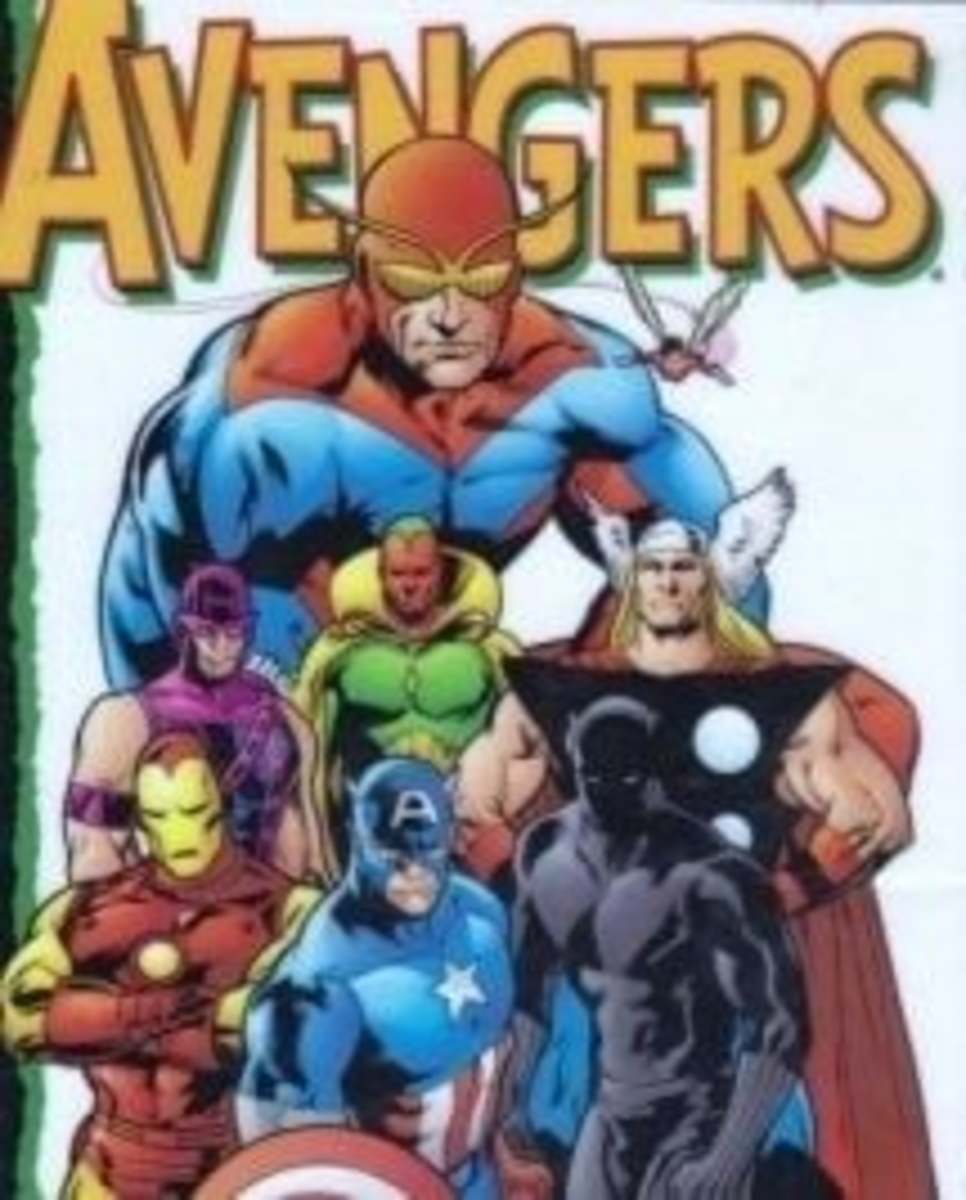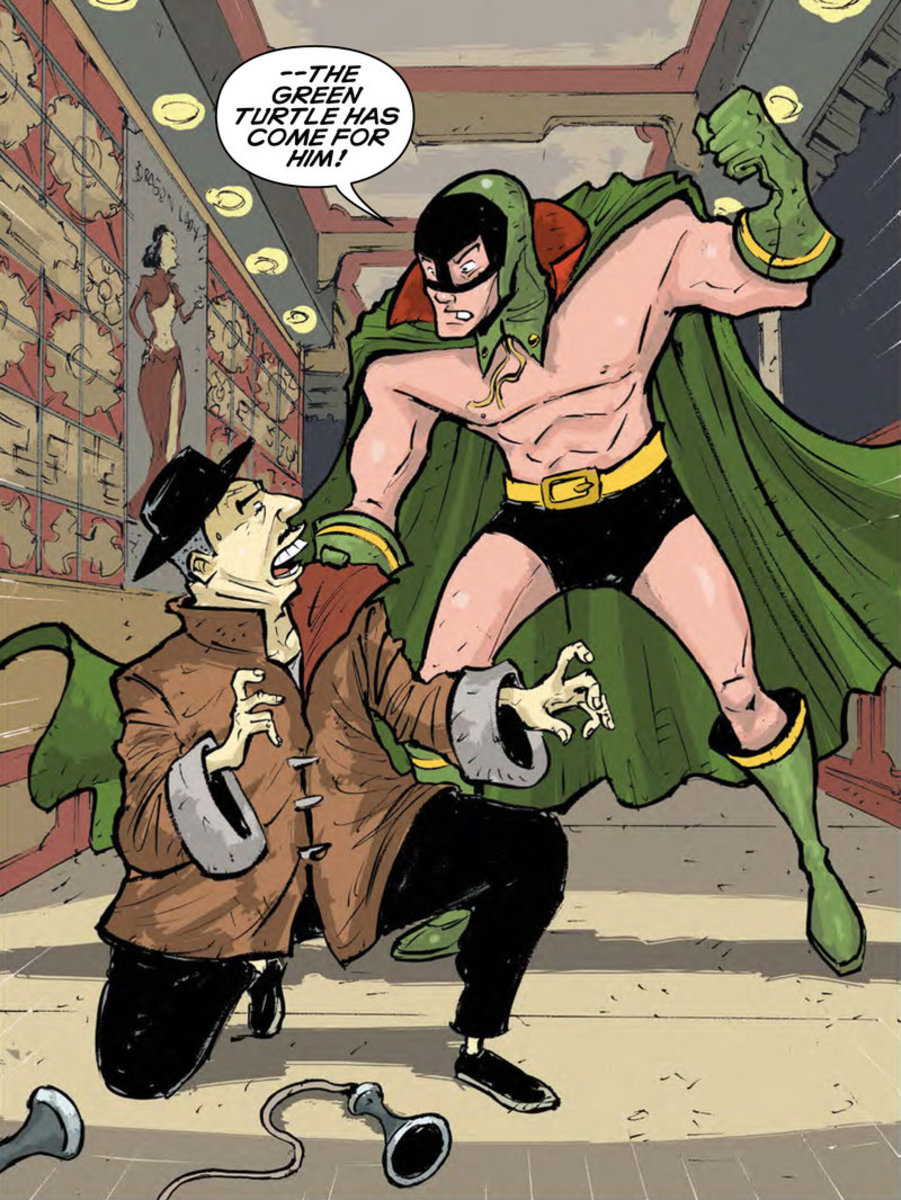5 Little Known Facts About Marvel
Marvel has always been popular, thanks to the massive success of their properties on comic books, videogames, and animated programs. However, their cinematic universe blew the whole lid wide open. Now, even people who don’t read comic books are big fans of their main franchises, thanks to the success of films like Iron Man and The Avengers. So it stands to reason that there’s not a lot of interesting facts about the comic book company that people don’t already know.
Fortunately, there are still a lot of interesting trivia that most people don’t know, particularly ones that have very little to do with movies. Here are 5 of the most spectacular ones:
#5 They Played a Big Part in Transformers’ Early Success
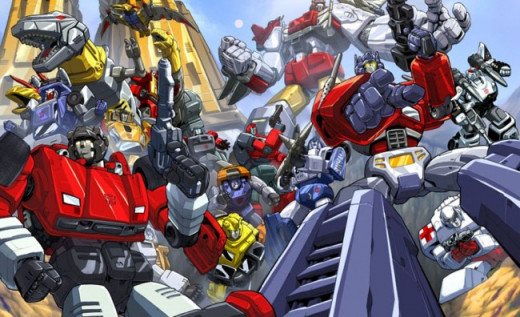
When Hasbro first bought a toyline consisting of robots that can transform into vehicles from Japanese company Takara, they didn’t have any idea on how to market it for the Western audience, so they approached Marvel. 3 key people helped establish the franchise early on; Writer Bob Budiansky came up with Megatron, his co-writer Denny O’Neil came up with Optimus Prime, and EIC Jim Shooter wrote an 8-paged draft containing the backstory behind the Autobots and Decepticons, as well as basic character info and alignment on some of the key characters.
#4 Sauron Was Created Because Werewolves Were Banned From Comics
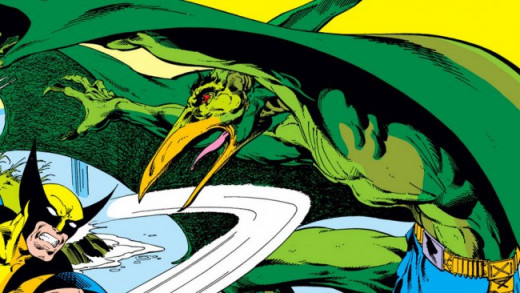
Sauron is one of the more interesting foes from the X-Men’s rogues gallery – a man who can transform into a pterodactyl-human hybrid. But did you know that he was created out of Marvel’s frustration with not being able to create a werewolf character? Because back then, the Comics Code Authority had a ban on werewolves from being depicted in comic books, a move that is meant to discourage the horror genre from the medium. Marvel got around it by creating a werepterodactyl.
Fortunately for Marvel, the CCA revised their policies in the early 70s and started allowing werewolves, provided that they are easily recognizable as based on gothic literature’s versions of the monster. This finally allowed to create and use as much werewolves as they want in their comic books, at one point even turning Captain America into one.
#3 The Hindenburg Crash Almost Prevented Marvel From Existing

Back in the late 30s, a man named Martin Goodman was returning from a honeymoon in Europe with his wife. They had a plan to ride on the new Hindenburg airship as the cap off to their trip. However, Goodman failed to secure tickets in time to get two seats next to each other, so they opted to fly home in a plane instead. They got off lucky, as the Hindenburg airship crashed and killed 35 out of the 97 people on board. The same year they came back from the honeymoon, Goodman founded Timely Comics, which eventually became Atlas Comics, which in turn became the Marvel Comics we now know today.
#2 They Killed President Nixon
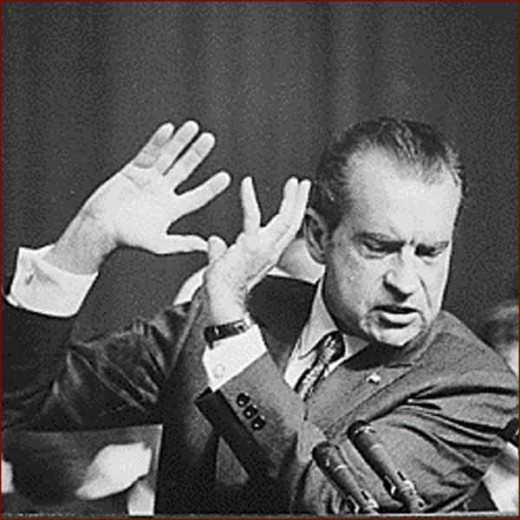
US Presidents appearing in comic books are by no means a unique occurrence. From Lincoln to Bush, and most recently Obama – Marvel doesn’t shy away from having US presidents grace the pages of their comic books. But these depictions are almost always done with respect, with the presidents usually appearing to give their blessing to the protagonists or be depicted as someone who will be rescued. The exception is Nixon.
In Captain America No. 175 Cap was following the trail back to a corrupt government official plotting to enslave the country, and it brought him straight to the White House. They tried to be ambiguous by not showing the identity of the villain, who chose to end his own life with a gun instead of facing his crimes. Writer Steve Englehart indirectly confirmed the identity in his website when he said that Cap saw the President commit suicide. Nixon was the president at the time the comic book was written.
#1 They Owned the Copyright for the Term “Zombie”
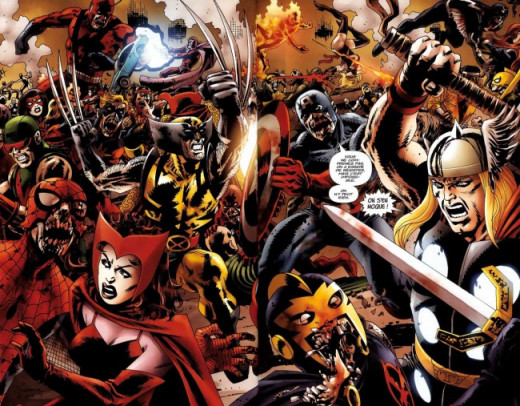
Most comic book fans already know the fact that Marvel and DC share copyright ownership of the term “superhero,” but what most people don’t know is that Marvel at one time held the copyrights to the term “zombie.”
Marvel originally filed an application in the early 70s, a move that was prompted by the success of their horror title Tale of the Zombie. Because these trademark applications sometimes take years before being approved, they were only given the trademark after two years, when Tale of the Zombie was already on its way to being cancelled.
Marvel held on to the term for a few more years, until they realized that they can’t enforce their ownership that well because of how entrenched the term was in pop culture (and the fact that they didn’t really invent said term.) The comic book company learned a valuable lesson that time, one that shows during their trademark registration for the term “Marvel Zombies,” which had a note stating, “no claim is made to the exclusive right to use zombies.”

